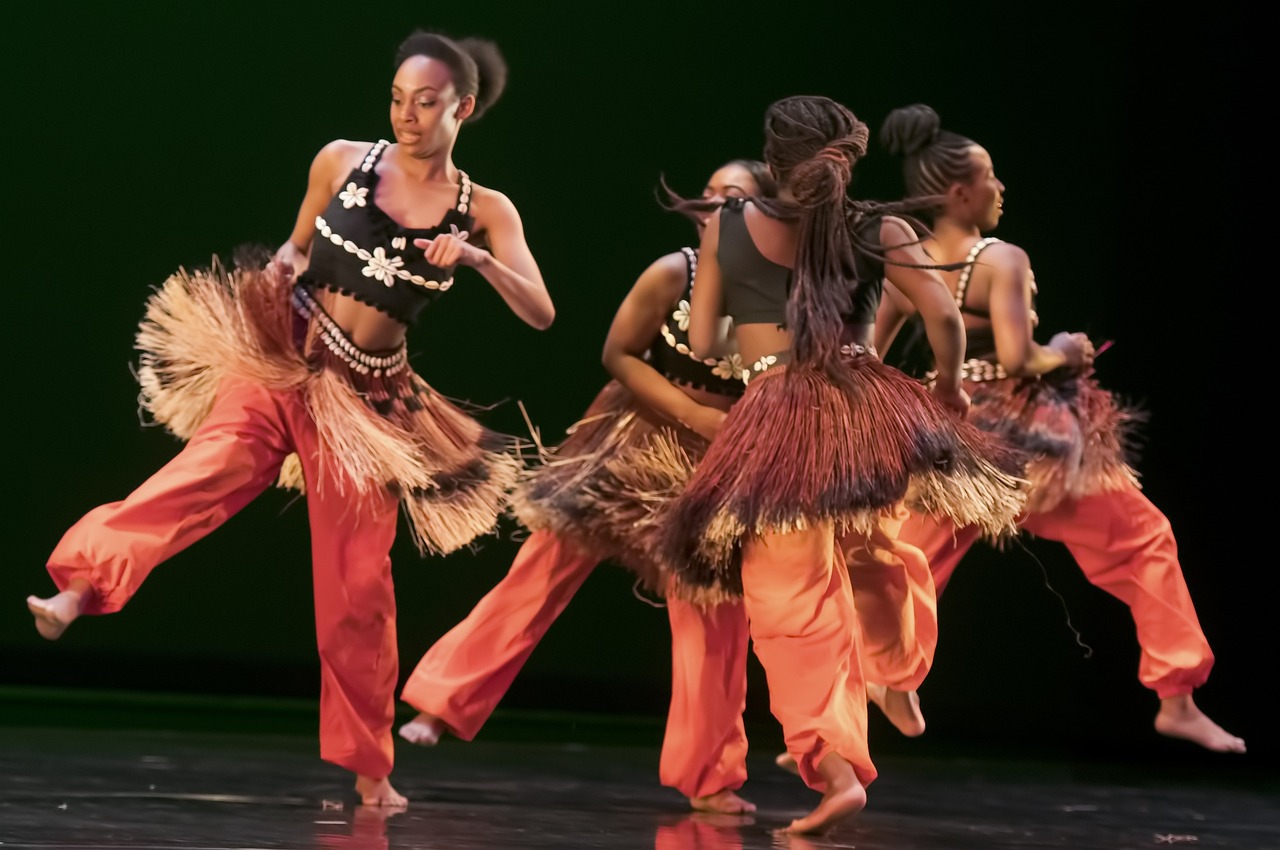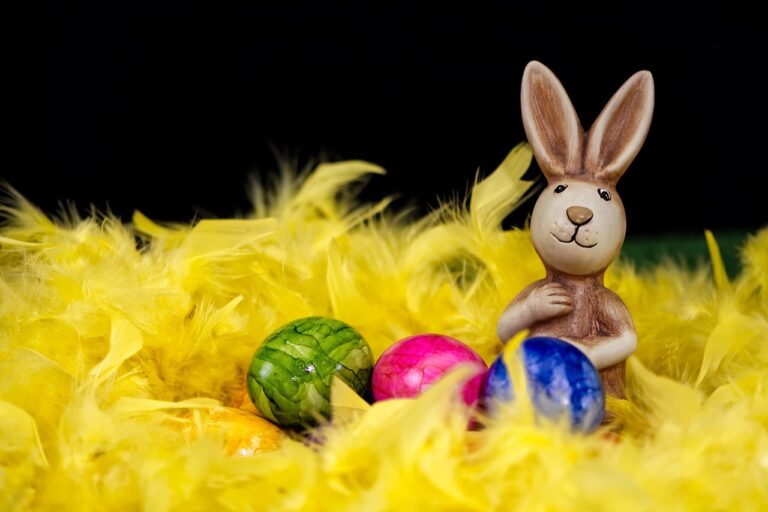Investigating the Role of Fan Fiction in Fandom Culture: Creativity and Community Building
Fan fiction traces its roots back to the early days of storytelling when avid readers and viewers began to reimagine their favorite characters and universes in new and exciting ways. As far back as the 17th century, writers were crafting stories inspired by established literary works, putting their own spin on existing narratives. The advent of mass media in the 20th century further fueled the rise of fan fiction, allowing fans to share their creative works with a wider audience.
With the rise of the internet in the late 20th century, fan fiction exploded in popularity as online platforms provided a space for fans to connect and share their stories with fellow enthusiasts. This digital revolution marked a significant shift in the fan fiction landscape, enabling fans from around the world to collaborate, explore diverse genres, and engage in constructive feedback loops that continue to shape the evolution of fan fiction today.
• Fan fiction has its roots in the early days of storytelling
• Writers have been crafting stories inspired by established works for centuries
• The advent of mass media in the 20th century further fueled the rise of fan fiction
• The internet revolutionized fan fiction, allowing fans to connect and share their stories globally
• Online platforms enabled collaboration, exploration of diverse genres, and constructive feedback loops
The Evolution of Fandom Culture
Fandom culture has seen significant growth and diversification in recent years, with online platforms providing spaces for fans to connect and engage with their favorite media. Social media sites like Tumblr, Twitter, and Discord have become hubs for fans to discuss, create, and share content related to their favorite TV shows, movies, books, and more. This digital age has not only allowed fans to form communities across the globe but has also enabled them to have direct interactions with creators and actors, blurring the lines between fans and content creators.
Moreover, the rise of fan conventions and events dedicated to specific fandoms has further cemented the sense of belonging and camaraderie within fan communities. These gatherings provide fans with opportunities to meet like-minded individuals, participate in panel discussions, and even engage with official merchandise and exclusive content. Through these events, fans are able to celebrate their shared love for a particular media franchise in a physical space, fostering a sense of unity and shared passion.
The Relationship Between Fan Fiction and Canon
Fan fiction and canon have long held a complex and interconnected relationship within fandom communities. Canon refers to the original work created by the author or production team, while fan fiction takes that source material and transforms it through the creative expression of fans. Fan fiction often explores alternative plotlines, character development, or relationships that deviate from the original storylines established in canon. This allows fans to engage with and reimagine their favorite narratives in unique and personal ways.
The relationship between fan fiction and canon is a dynamic one, with each influencing and shaping the other in various ways. Fan fiction can expand upon the world-building and character development established in canon, providing fans with a deeper understanding and appreciation of the source material. Conversely, canon can also impact fan fiction, as new storylines or character arcs introduced in official works may inspire fans to create new fan fiction that responds to or incorporates these developments. The interplay between fan fiction and canon highlights the collaborative and interactive nature of fandom culture, where fans actively contribute to and participate in the ongoing conversation surrounding their favorite works.
What is fan fiction?
Fan fiction is a form of fictional writing or storytelling that is created by fans of a particular work, such as a book, movie, TV show, or video game, using the characters and settings from that original work.
How does fan fiction differ from canon?
Canon refers to the official material or storyline created by the original creator or copyright holder, while fan fiction is created by fans and exists outside of the official canon. Fan fiction often explores different interpretations or extensions of the original work.
Why do fans write fan fiction?
Fans write fan fiction for various reasons, such as to explore different storylines or character relationships, to express their love for a particular work, or to engage with a community of like-minded fans.
Does fan fiction have any impact on the original canon?
While fan fiction does not have any official impact on the original canon, it can influence fan interpretations and discussions of the original work. Some creators may also engage with fan fiction and incorporate fan ideas into future works.
Is fan fiction legal?
Fan fiction exists in a legal gray area, as it involves using copyrighted characters and settings without permission. While many creators turn a blind eye to fan fiction, some may issue cease-and-desist orders if they feel it infringes on their intellectual property rights.







